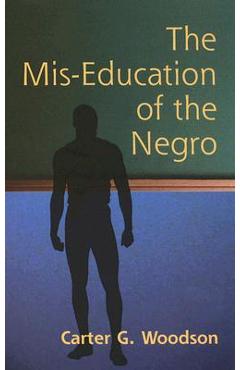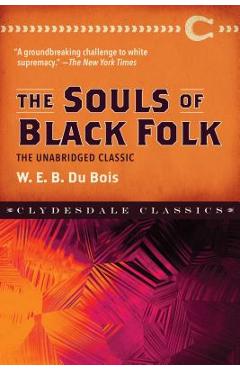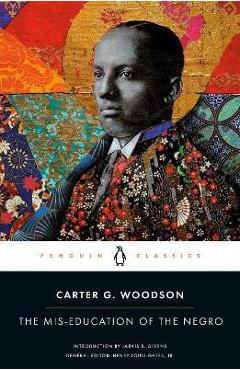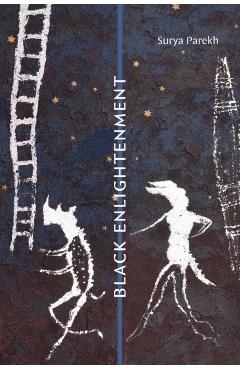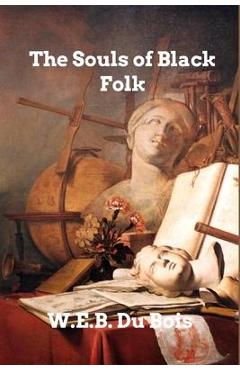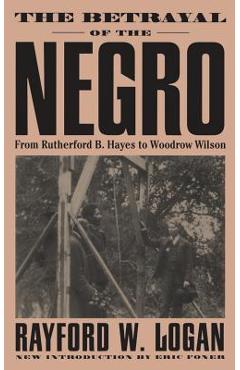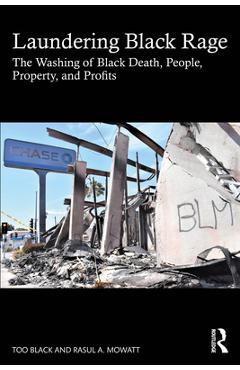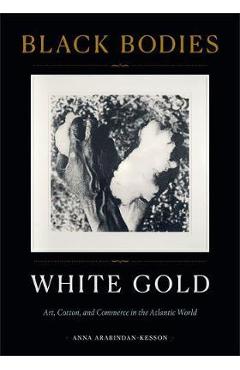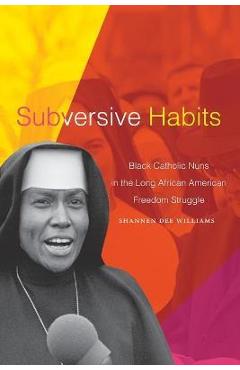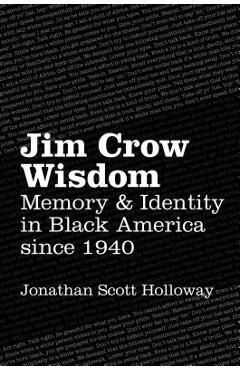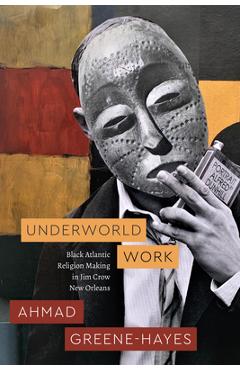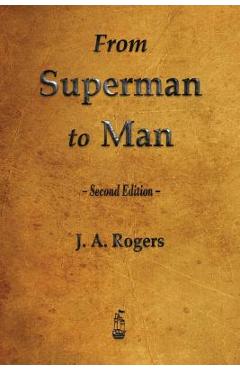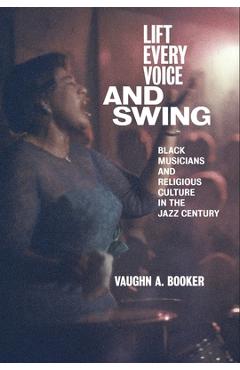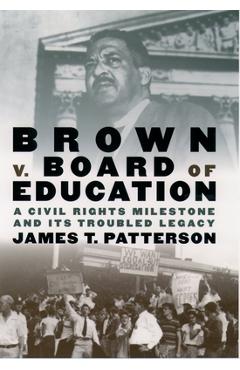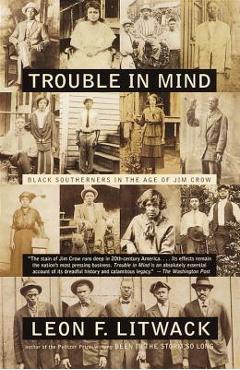The Souls of Black Folk
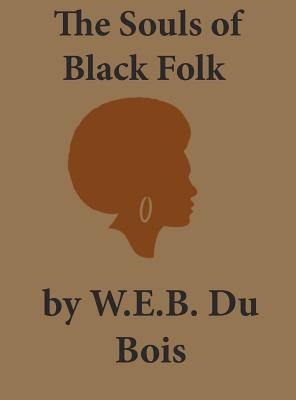
The Souls of Black Folk
To develop this work, Du Bois drew from his own experiences as an African American in the American society. Outside of its notable relevance in African-American history, The Souls of Black Folk also holds an important place in social science as one of the early works in the field of sociology. In The Souls of Black Folk, Du Bois used the term "double consciousness," perhaps taken from Emerson ("The Transcendentalist" and "Fate"), applying it to the idea that black people must have two fields of vision at all times. They must be conscious of how they view themselves, as well as being conscious of how the world views them. Each chapter in The Souls of Black Folk begins with a pair of epigraphs: text from a poem, usually by a European poet, and the musical score of a spiritual, which Du Bois describes in his foreword ("The Forethought") as "some echo of haunting melody from the only American music which welled up from black souls in the dark past." Columbia University English and comparative literature professor Brent Hayes Edwards writes:
It is crucial to recognize that Du Bois ... chooses not to include the lyrics to the spirituals, which often serve to underline the arguments of the chapters: Booker T. Washington's idealism is echoed in the otherworldly salvation hoped for in "A Great Camp-Meeting in the Promised Land," for example; likewise the determined call for education in "Of the Training of Black Men" is matched by the strident words of "March On."
Edwards adds that Du Bois may have withheld the lyrics to mark a barrier for the reader, to suggest that black culture--life "within the veil"--remains inaccessible to white people.
In "The Forethought," Du Bois states: "Leaving, then, the world of the white man, I have stepped within the Veil, raising it that you may view faintly its deeper recesses, --the meaning of its religion, the passion of its human sorrow, and the struggle of its greater souls." He concludes with the words: ..".need I add that I who speak here am bone of the bone and flesh of the flesh of them that live within the Veil?"
To develop this work, Du Bois drew from his own experiences as an African American in the American society. Outside of its notable relevance in African-American history, The Souls of Black Folk also holds an important place in social science as one of the early works in the field of sociology. In The Souls of Black Folk, Du Bois used the term "double consciousness", perhaps taken from Emerson
PRP: 140.12 Lei
Acesta este Pretul Recomandat de Producator. Pretul de vanzare al produsului este afisat mai jos.
119.10Lei
119.10Lei
140.12 LeiLivrare in 2-4 saptamani
Descrierea produsului
To develop this work, Du Bois drew from his own experiences as an African American in the American society. Outside of its notable relevance in African-American history, The Souls of Black Folk also holds an important place in social science as one of the early works in the field of sociology. In The Souls of Black Folk, Du Bois used the term "double consciousness," perhaps taken from Emerson ("The Transcendentalist" and "Fate"), applying it to the idea that black people must have two fields of vision at all times. They must be conscious of how they view themselves, as well as being conscious of how the world views them. Each chapter in The Souls of Black Folk begins with a pair of epigraphs: text from a poem, usually by a European poet, and the musical score of a spiritual, which Du Bois describes in his foreword ("The Forethought") as "some echo of haunting melody from the only American music which welled up from black souls in the dark past." Columbia University English and comparative literature professor Brent Hayes Edwards writes:
It is crucial to recognize that Du Bois ... chooses not to include the lyrics to the spirituals, which often serve to underline the arguments of the chapters: Booker T. Washington's idealism is echoed in the otherworldly salvation hoped for in "A Great Camp-Meeting in the Promised Land," for example; likewise the determined call for education in "Of the Training of Black Men" is matched by the strident words of "March On."
Edwards adds that Du Bois may have withheld the lyrics to mark a barrier for the reader, to suggest that black culture--life "within the veil"--remains inaccessible to white people.
In "The Forethought," Du Bois states: "Leaving, then, the world of the white man, I have stepped within the Veil, raising it that you may view faintly its deeper recesses, --the meaning of its religion, the passion of its human sorrow, and the struggle of its greater souls." He concludes with the words: ..".need I add that I who speak here am bone of the bone and flesh of the flesh of them that live within the Veil?"
To develop this work, Du Bois drew from his own experiences as an African American in the American society. Outside of its notable relevance in African-American history, The Souls of Black Folk also holds an important place in social science as one of the early works in the field of sociology. In The Souls of Black Folk, Du Bois used the term "double consciousness", perhaps taken from Emerson
Detaliile produsului









